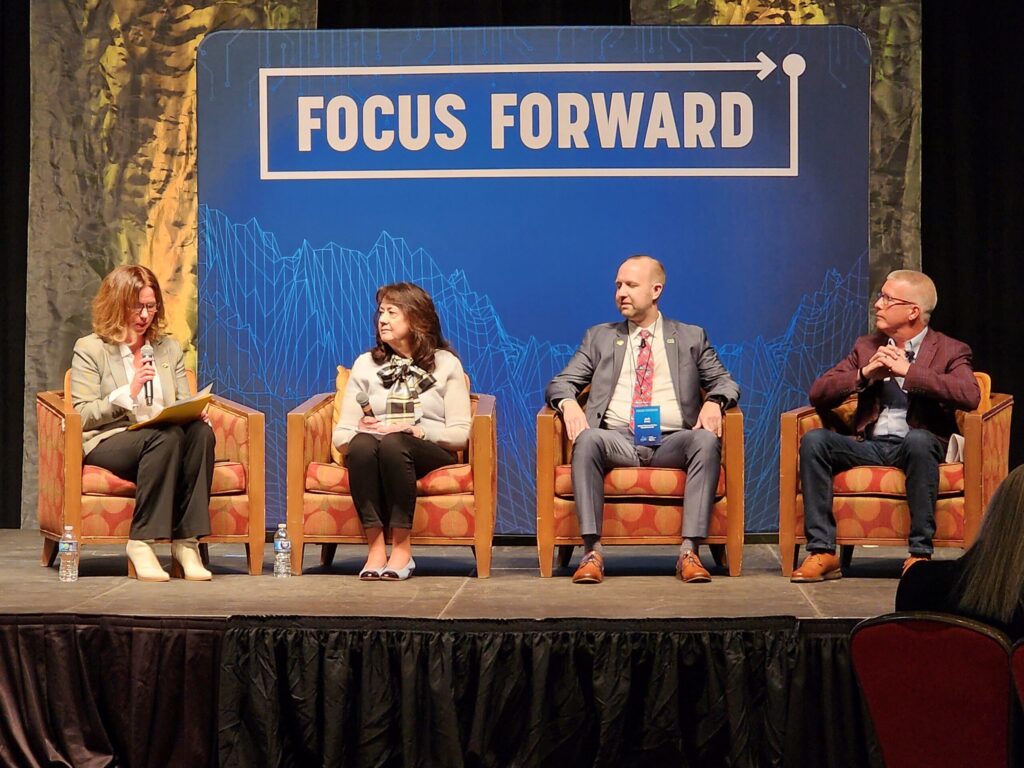MORGANTOWN – On May 7, 2021, a natural gas pipeline in Columbia was temporarily shut down due to a ransomware attack.
This attack, and the ever-present vulnerabilities in our computer systems, were on the minds of a group of panelists Wednesday at the seventh annual Focus Forward Symposium, sponsored by the West Virginia Public Education Cooperative and the Claude Worthington Benedum Foundation. I was there.
The panel was titled “Our Biggest Threat: Cybersecurity in the Workplace and School.”
The U.S. Cybersecurity and Infrastructure Security Agency explains: “Ransomware is an evolving type of malware that is designed to encrypt files on your device and make any files and systems that depend on them unusable. Malicious attackers can then decrypt We demand a ransom in exchange.”
Karen Evans, managing director of the Cyber Readiness Institute, said small businesses are the country's most vulnerable and at risk from ransomware. Also, attackers don't even have to develop ransomware themselves; they can just buy it, as it's a very lucrative market.
And small businesses don't have the resources to hire IT staff to prevent that, she says.
Josh Branty, Marshall University cybersecurity team coach, said there is a shortage of cybersecurity professionals. We need to set up cyber academies in schools to get students excited early and collaborate with small businesses.
It's not cheap, he said. “It's going to take a lot of buy-in. … But the return on investment will be tremendous.”
Gen. James Hoyer, WVU's vice president for economic innovation and a former National Guard adjutant general, said technology exacerbates two problems: division and complacency. This makes it vulnerable to other more ambitious countries. Therefore, we need to teach students how to engage in civil discussion and collaboration. If you don't, “you're going to be in big trouble.”
Evans said people in a hurry put too much trust in technology without thinking. They probably don't question an email from their boss or family asking them to wire $200,000 or buy 50 Amazon gift cards.
Hoyer agreed. “We have to teach them the basic skills of paying attention.”
Hoyer noted that in 2023, the Joint Force Headquarters Department of Defense Information Networks and U.S. Cyber Command partnered with Marshall University and WVU to establish the National Center of Excellence for Critical Infrastructure Cybersecurity in West Virginia.
He said this makes Marshall and WVU a national asset and paves the way for “making West Virginia the center of the national security world.”
Email: dbeard@dominionpost.com


